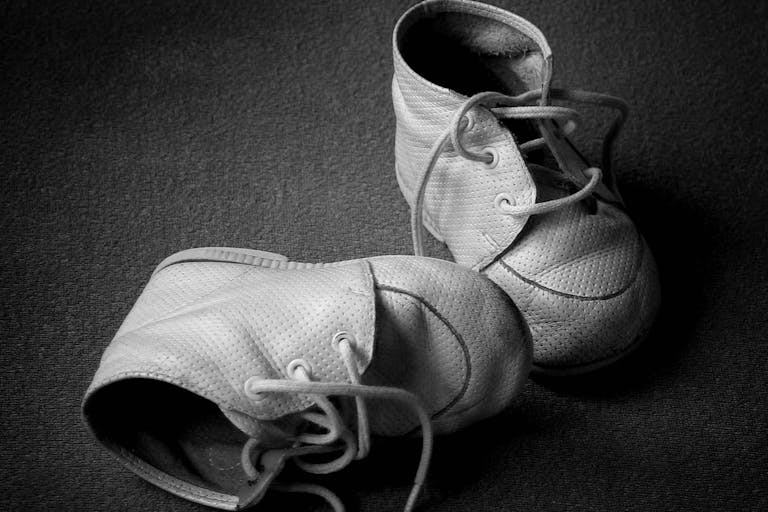
STAGGERING: Abortion killed 10M more humans in 2025 than all other causes
Carole Novielli
·
International
Angeline Tan
·
International
Nancy Flanders
·
Politics
Mark Wiltz
·
Activism
Nancy Flanders
·
Human Interest
Lisa Bast
·
400k+ Readers Strong & Growing
News & Commentary from
A Pro-Life Perspective
As the news arm of Live Action, we educate the public and advocate for preborn rights by providing timely, accurate, and compelling news and stories about the pro-life movement.

International
Angeline Tan
·
International
Nancy Flanders
·
Politics
Mark Wiltz
·
Activism
Nancy Flanders
·
Human Interest
Lisa Bast
·
Politics
Bridget Sielicki
·
Issues
Bridget Sielicki
·
Issues
Bridget Sielicki
·
Politics
Bridget Sielicki
·
Issues
Cassy Cooke
·
Analysis
Angeline Tan
·
Pop Culture
Cassy Cooke
·